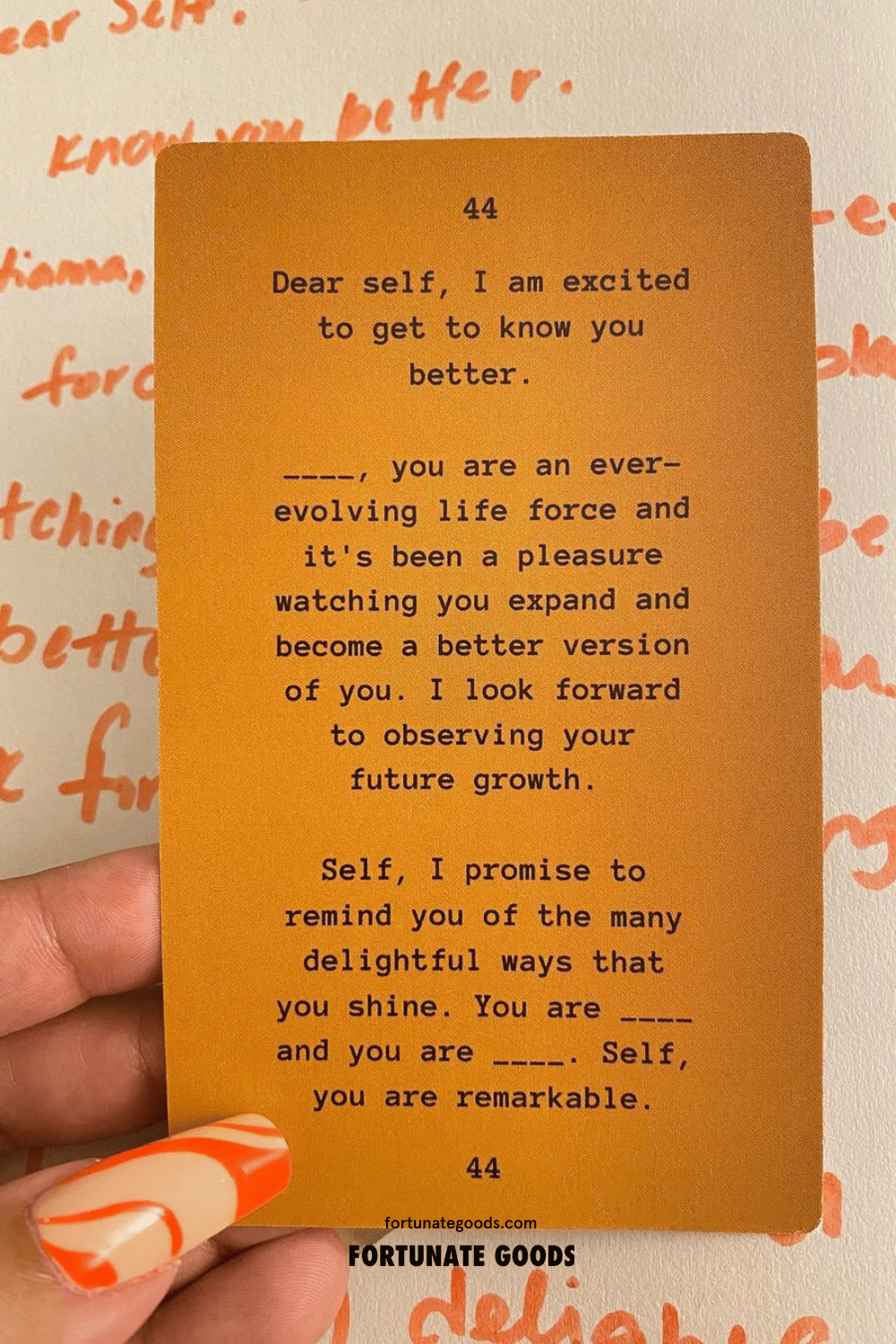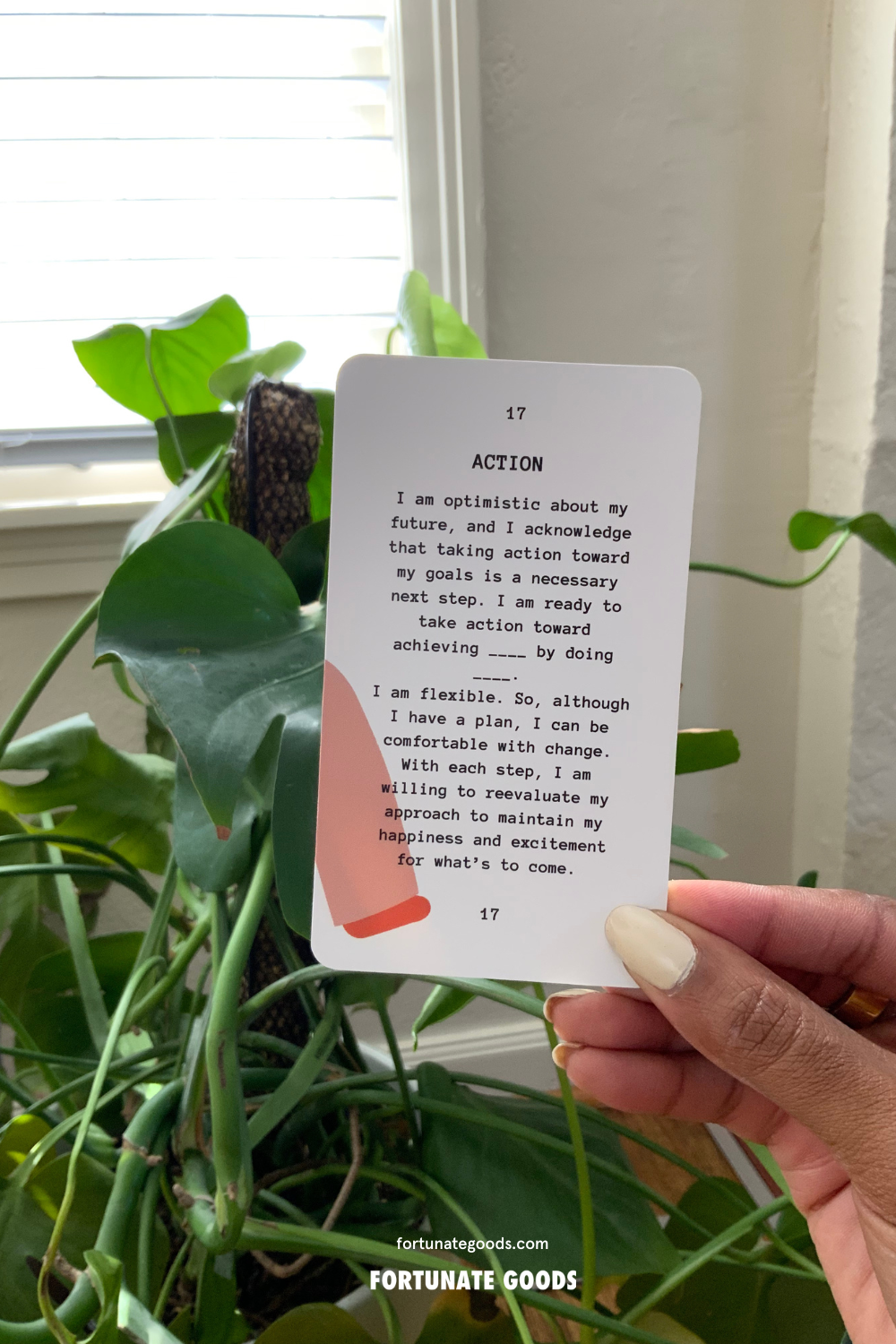
Addiction recovery is a journey, not just a destination, and journaling can be your compass in navigating this intricate path.
Navigating the road to recovery from addiction is a deeply personal and unique journey for each individual. It's a road marked with challenges, triumphs, and the continuous pursuit of healing and self-discovery. In this context, journaling emerges as a powerful tool, serving as both a reflective mirror and a guide. Specifically, journaling prompts for addiction recovery can be instrumental in this journey, offering a structured way to explore thoughts, feelings, and experiences related to recovery.
Coping strategies form a cornerstone of addiction recovery. Journaling about these strategies can provide clarity and reinforcement. Whether it’s penning down ways to manage stress, practicing mindfulness through writing, or documenting the development of healthy habits, journaling helps solidify these coping mechanisms. It’s a way to not only track progress but also to identify areas needing more attention.
Support systems play a crucial role in the recovery process. Journaling about interactions with family, friends, support groups, or professional counselors can help in processing these relationships and the support received. It’s an opportunity to reflect on the impact of these support systems and to express gratitude or work through any complexities that arise in these relationships.
Understanding that recovery is a lifelong process is vital. Through journaling prompts for addiction recovery, individuals can document their ongoing journey, recognizing the small victories and the setbacks. It's about acknowledging that recovery isn’t linear and that sometimes, the path requires adapting strategies or seeking new forms of support.
Relapse prevention is another critical aspect of recovery. Journaling can be a space to explore triggers, recognize warning signs, and strategize ways to prevent relapse. It’s about being honest with oneself, identifying potential risks, and planning proactive steps to maintain sobriety. Importantly, journaling can also be a tool to understand that relapse, if it occurs, is not a sign of failure but a part of the journey that requires compassion and renewed focus.
Journaling prompts for addiction recovery are not just about writing; they're about engaging in an ongoing dialogue with oneself. This process helps in deepening self-understanding, tracking progress, and maintaining focus on the recovery journey. The act of putting thoughts to paper can be incredibly therapeutic and empowering, offering a tangible way to see how far one has come and where one is headed.
As we conclude, remember that journaling prompts for addiction recovery are more than just exercises; they are beacons of light on the path to healing. And soon, we will explore 50 such prompts that will help focus and enrich your journey in addiction recovery.
50 Journaling Prompts for Addiction Recovery
- Describe what sobriety means to you.
- Write about a day you felt strong in your recovery journey.
- Reflect on a moment of temptation and how you overcame it.
- Explore your feelings about a supportive person in your life.
- Journal about a time you felt proud of your progress.
- What are your coping strategies for dealing with cravings?
- Write a letter to your future self about your recovery journey.
- Reflect on how addiction has changed your perspective on life.
- Describe a challenging situation in your recovery and how you handled it.
- What lessons have you learned about yourself through recovery?
- Write about your motivations for staying sober.
- Explore a moment of self-discovery you've had in recovery.
- Journal about a goal you’ve achieved in your recovery journey.
- Describe how you deal with stress without turning to substances.
- Write about the importance of support systems in your recovery.
- Reflect on a relationship that has changed since you started recovery.
- Explore feelings of guilt or shame and how you're overcoming them.
- Journal about a time you helped someone else in their recovery.
- Write about what long-term recovery looks like for you.
- Reflect on your strategies for preventing relapse.
- Describe a day in your life now compared to before recovery.
- What are the most significant changes you’ve noticed since beginning recovery?
- Write about a moment you felt vulnerable in your recovery and how you coped.
- Explore your feelings towards a past relapse and what you learned.
- Journal about how you’ve rebuilt trust with others during recovery.
- Write about a hobby or activity that helps in your recovery.
- Reflect on how you manage feelings of loneliness or isolation.
- Explore your relationship with self-care and recovery.
- Journal about an instance where you felt empowered in your recovery.
- Write about the impact of recovery on your physical health.
- Reflect on your emotional growth since starting recovery.
- Explore the role of forgiveness in your recovery journey.
- Journal about a time you said no to a trigger and how it felt.
- Write about how you celebrate milestones in your recovery.
- Reflect on the importance of honesty in your recovery process.
- Explore your journey of rebuilding self-esteem during recovery.
- Journal about the changes you’ve made in your life to support your recovery.
- Write about how you handle social situations in recovery.
- Reflect on the role of patience in your recovery journey.
- Explore your feelings about attending support group meetings.
- Journal about a moment you felt gratitude during your recovery.
- Write about a personal strength that has helped in your recovery.
- Reflect on how you've dealt with setbacks in recovery.
- Explore your understanding of addiction now versus before recovery.
- Journal about how you practice mindfulness in recovery.
- Write about a book or resource that has helped in your recovery.
- Reflect on your relationship with self-acceptance in recovery.
- Explore the impact of recovery on your personal relationships.
- Journal about a fear you have overcome during your recovery.
- Write about what long-term success in recovery means to you.
Each entry in a recovery journal is a brushstroke in the masterpiece of one’s recovery story, painting a vivid picture of resilience, hope, and transformation.






